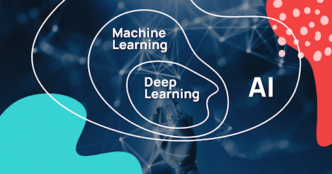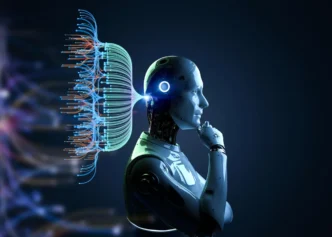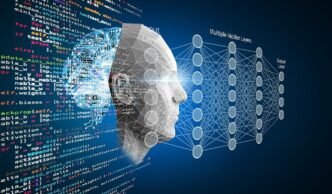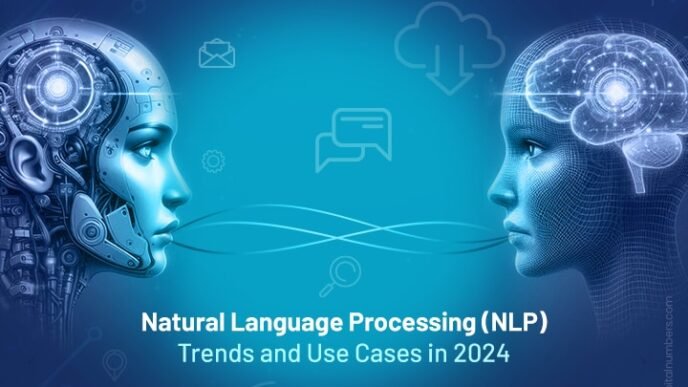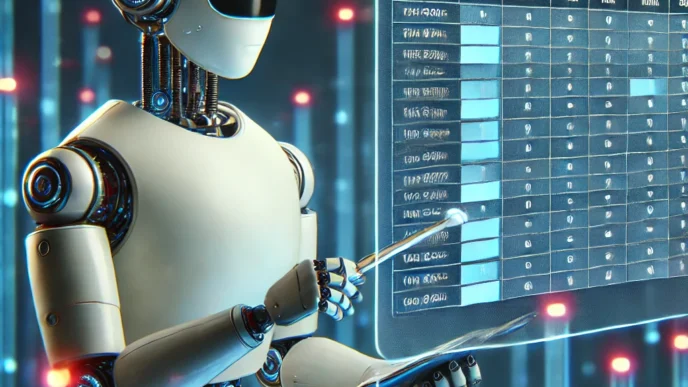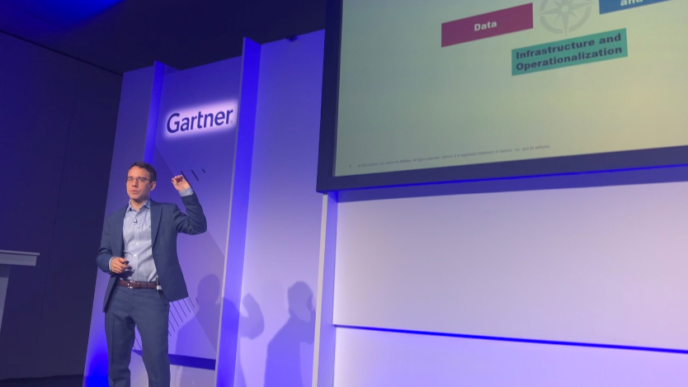Artificial Intelligence (AI) is no longer just a buzzword; it has become a crucial part of industries like finance, healthcare, robotics, transportation, and more. With AI-related jobs growing by over 30% annually, the demand for AI engineers, data scientists, and machine learning experts has skyrocketed. In this guide, we’ll walk you through the best steps to learn AI in 2024—starting from foundational skills to expert-level knowledge—along with free and paid resources, certifications, and job forecasts.
How to Become an AI Engineer: Step-by-Step Learning Path
1. Master the Prerequisites: Mathematics and Statistics
AI relies heavily on mathematics, statistics, and linear algebra. Start here to build the foundational knowledge required to understand algorithms and models.
•Free Resources:
•Khan Academy – Linear Algebra | No Certification
Why Recommended: Clear explanations of linear algebra, calculus, and probability.
•Coursera – Introduction to Probability and Statistics (Auditable for free) | Instructor: Stanford University
Why Recommended: Essential for understanding statistical models used in AI.
•Paid Resource:
•DataCamp – Statistics for Data Science | Certification Included
Why Recommended: Interactive lessons with coding exercises and hands-on data applications.
2. Learn a Programming Language (Python or R)
Python is the most widely used programming language for AI, thanks to its extensive libraries like TensorFlow, PyTorch, and scikit-learn.
•Free Resource:
•Google’s Python Crash Course | Certification Available
Why Recommended: Covers Python basics and is specifically designed for AI-related tasks.
•Paid Resource:
•Udacity – AI Programming with Python Nanodegree | Certification Included
Why Recommended: A structured course with real-world projects and access to mentors.
3. Understand Machine Learning (ML)
Machine Learning is the backbone of AI. It allows machines to learn from data and improve their performance over time without being explicitly programmed.
•Free Resource:
•Coursera – Machine Learning by Andrew Ng | Instructor: Andrew Ng
Why Recommended: A highly acclaimed course with practical ML models.
•Paid Resource:
•edX – Professional Certificate in Machine Learning and AI | Instructor: Columbia University
Why Recommended: Advanced coursework with a professional certification.
4. Dive into Deep Learning (DL)
Deep Learning involves neural networks and enables systems like image recognition, NLP, and robotics.
•Free Resource:
•DeepLearning.AI on Coursera (Auditable for free) | Instructor: Andrew Ng
Why Recommended: A hands-on introduction to neural networks, CNNs, and RNNs.
•Paid Resource:
•Udacity – Deep Learning Nanodegree | Certification Included
Why Recommended: Real-world projects and personalized mentor feedback.
5. Explore AI Ethics and Data Governance
AI engineers need to understand ethical issues, privacy concerns, and data governance frameworks to build responsible systems.
•Free Resource:
•edX – Ethics in AI | Certification Available
Why Recommended: An introduction to key concepts like bias, transparency, and accountability.
•Paid Resource:
•Coursera – AI For Everyone | Instructor: Andrew Ng
Why Recommended: A non-technical course covering the social and ethical implications of AI.
6. Build a Portfolio with Hands-on Projects
Employers prioritize candidates with demonstrated experience. Building projects not only deepens your understanding but also gives you practical experience.
•Free Resource:
•Kaggle – AI Competitions | No Certification
Why Recommended: Offers datasets and real-world competitions to build a portfolio.
•Paid Resource:
•Udacity – AI for Robotics | Instructor: Sebastian Thrun
Why Recommended: Focuses on practical applications in robotics, with personalized feedback on projects.
7. Get Certified and Apply for Jobs
Certifications from recognized platforms give you an edge in the competitive job market. Here are some valuable certifications:
•Google Professional Machine Learning Engineer
•Why Recommended: Recognized by top companies; focuses on cloud-based AI systems.
•Microsoft Certified: Azure AI Engineer Associate
•Why Recommended: Designed for AI engineers working with cloud platforms.
How Long Does It Take to Become an AI Engineer?
Becoming a competent AI engineer can take 12 to 18 months, depending on your background and learning pace.
•Beginner: If you start from scratch, you’ll need around 18 months to cover all topics.
•Intermediate: With some programming or math background, you could become job-ready in 12 months.
•Fast-Track Option: Dedicated learners with prior experience can complete the essentials within 6-9 months by following accelerated learning paths.
Best Sites to Learn AI in 2024
Here are some of the top platforms offering AI courses:
1. Coursera – Offers university-backed courses and certifications.
2. Udacity – Specializes in nanodegree programs with real-world projects.
3. edX – Provides professional certificates from top institutions.
4. Kaggle – Great for hands-on experience with competitions and datasets.
5. Google AI – Free, high-quality resources for AI and machine learning.
AI Industry Growth and Job Forecasts for 2024 and Beyond
The demand for AI professionals is growing at a rapid pace. According to the World Economic Forum, AI and data science roles will grow by 31% by 2025.
•AI Engineers earn an average of $100,000 to $150,000 annually in the USA, with similarly competitive salaries in Europe and Asia.
•Job Openings: There are expected to be 97 million new AI-related jobs globally in the next five years.
In-demand roles include:
•Machine Learning Engineer
•AI Research Scientist
•Data Scientist with AI Specialization
•AI Solutions Architect
Conclusion: Your Path to Mastering AI in 2024
With the right resources and dedication, becoming an AI engineer is well within your reach in 12 to 18 months. Start with mathematics and programming, move on to machine learning and deep learning, and finish with hands-on projects and certifications.
The future of AI is bright, with industries worldwide adopting automation, predictive models, and intelligent systems. As Bill Gates once said,
“The future belongs to those who embrace AI and automation.”
Now is the time to invest in yourself—because the next AI breakthrough could have your name on it.
